The Cartier Tank Cintrée Réédition, now in Platinum
The handsome curves of the ultra-thin Cartier Tank Cintrée gleam in platinum.
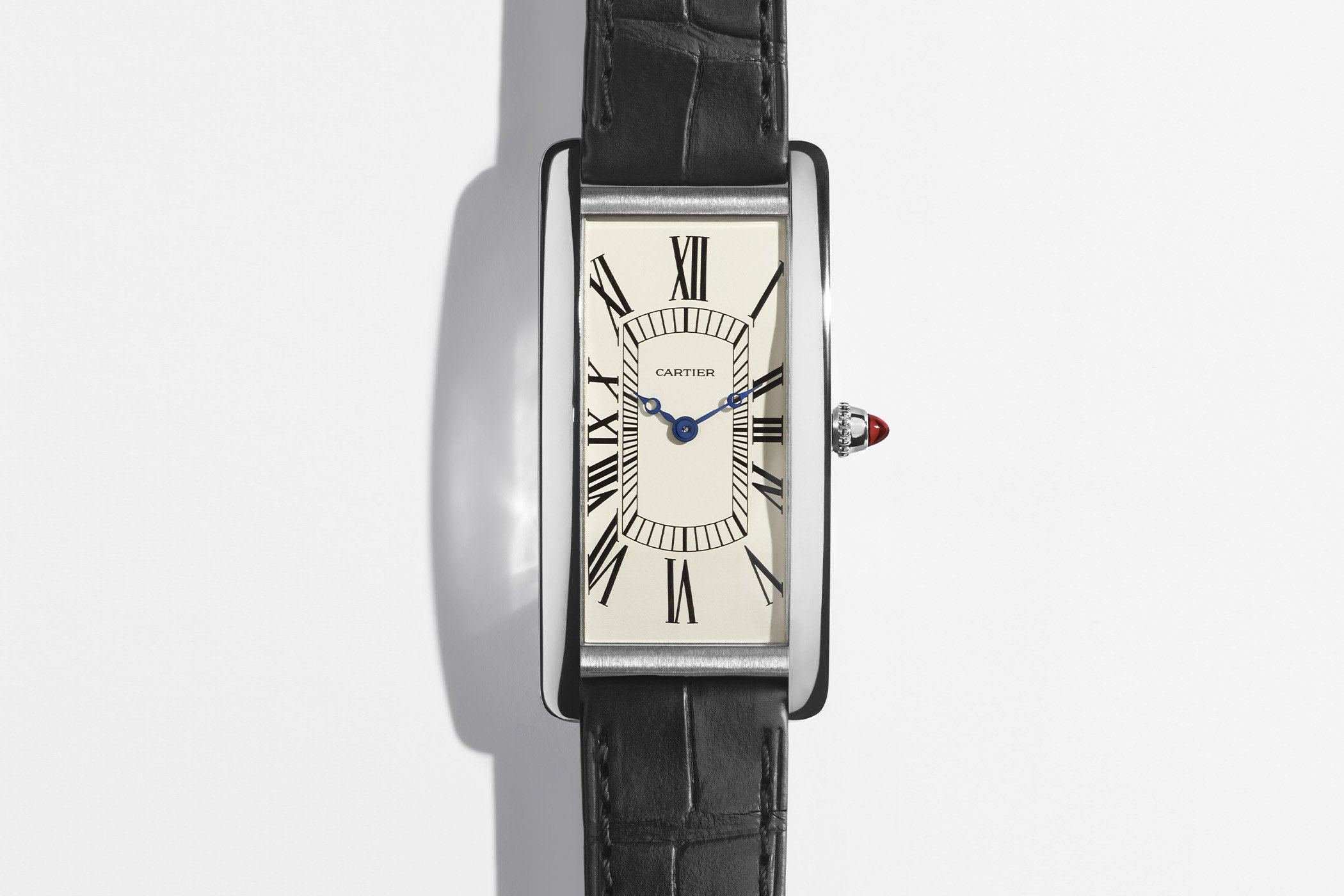
The Cartier Tank is undoubtedly among the most significant watches ever created by the French house. But there’s not just one Tank: there are multiple Tanks. When we talk about the inaugural watch of 1917, we refer to it as the Tank Normale (elegantly re-edited this year). But, year after year, the model expanded to become an entire collection of rectangular-shaped watches, but all different. One of the most recognizable and elegant is the curvy Tank Cintrée, born in 1921. Following a 100th-anniversary Réédition in yellow gold two years ago, this shaped ultra-thin watch returns in platinum.
The first Cartier Tank watch, now known as the Tank Normale, was born in 1917 and inaugurated an atypical design said to have been inspired by the armoured Renault tanks of WWI. It was basically a square middle case framed by two brancards to mimic the shape of a tank seen from above. The first-known evolution of the Tank came in 1921, under the name Tank Cintrée. Notably, it introduced the elongated, slender rectangular shape to the world of Tanks, a shape that would later become a classic with watches such as the Tank Américaine. What sets this model apart lies in the word Cintrée, which means curved in English.
The original Cartier Tank Cintrée was more elegant, elongated and thinner and opted for a shape that would follow the curvature of the wrist. An originality that makes it highly special yet totally relevant. The best of the Roaring ’20s… Over the years, the Tank Cintrée has appeared in various configurations (three sizes), but the most significant model is known as the 9 lignes (9 lines) with a staggering 45mm x 23mm case. Inside were movements made by Jaeger (important for the rest of the article).

Among the many variations, the one that’s probably the most well-known is the example above, a watch that Phillips auctioned as part of its Winning Icons sale and that we explored with Aurel Bacs in a video here. The first examples in platinum often featured a bright dial (which often turned eggshell with the time) with black printed Roman numerals and tracks and were made in 1923… Meaning, it’s celebrating its 100th anniversary this year. And as such, it comes alongside the now sold-out yellow gold 100th-anniversary limited edition released in 2021.
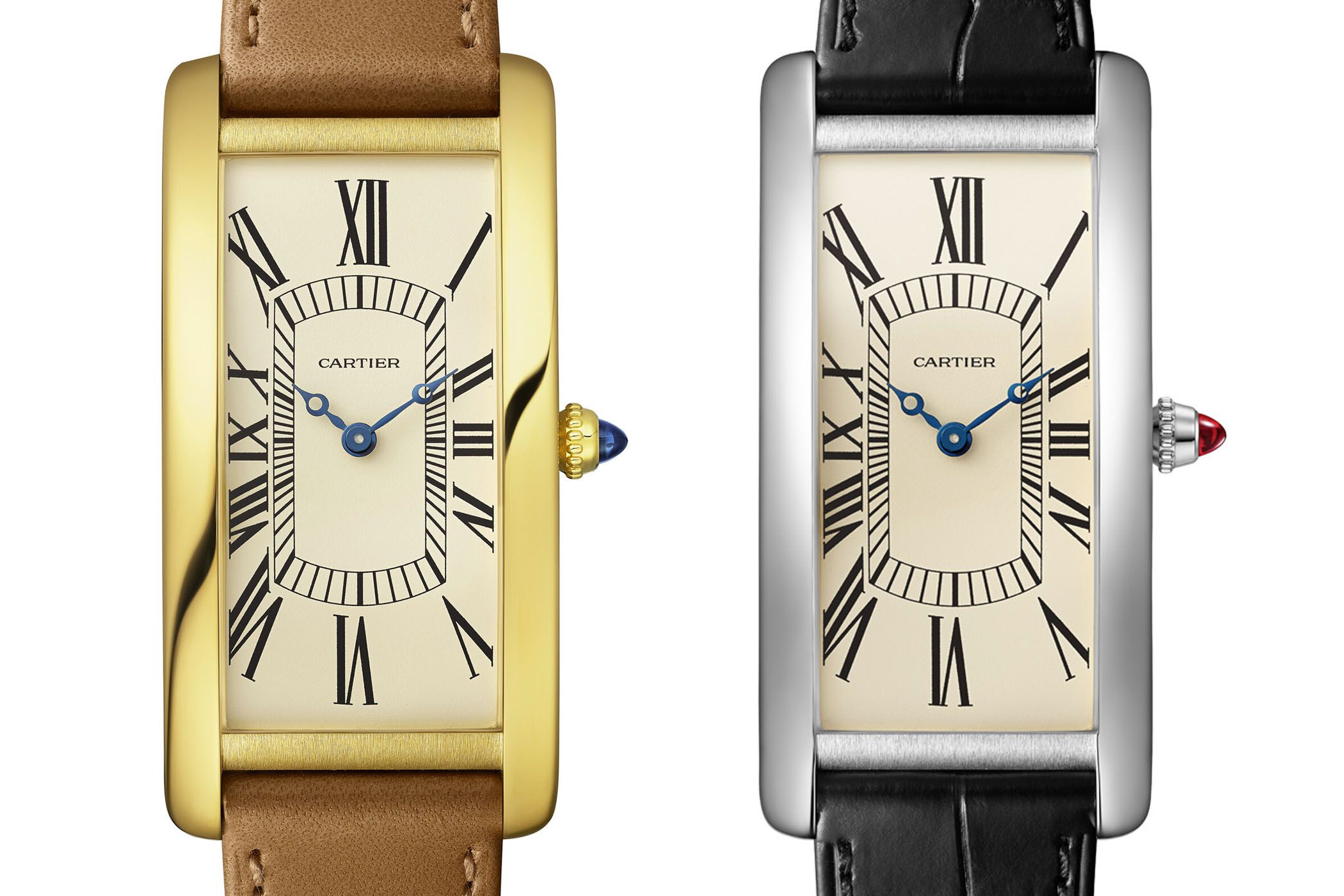
The whole concept of this new Tank Cintrée Réédition in platinum is the same as what Cartier did with the yellow gold version, and an identical recipe was used with the successful 2022 Pebble Réédition. It’s all about elegance, simplicity and a strong focus on the shape rather than the mechanics or complications. It’s not particularly imaginative, nor does it show strong creativity, but the recipe is highly efficient, surfing on the beauty of the vintage elegance recreates. It marks the third time a faithful Tank Cintrée has been launched by Cartier, following the mid-2000s Cintrée CPCP and the 2021 yellow gold limited edition.
This new 950 platinum version is remarkably close to the original watch, with almost identical proportions – now 46.30mm in length and still 23mm in width – and identical shape, too. The watch is characterized by its slender, elongated rectangular mid-case with two polished brancards on the sides, a beaded crown with ruby cabochon (a hallmark of platinum Cartier watches), and some brushed surfaces on the top and bottom ends of the case, as well as on the sides. The curved profile, the main design element of the Tank Cintrée, has, of course, been respected and will offer comfort on the wrist despite the long case.
Notably, the case of this platinum version is even thinner than the already thin 2021 yellow gold version, at 6.03mm versus 6.4mm before. It’s topped by a mineral crystal, and despite the solid back, the watch is “not water-resistant” – two drawbacks that were already found in the yellow gold version and that haven’t been corrected. It is worn on a discreet semi-matte black alligator strap closed by a 950 platinum ardillon buckle.
No surprises regarding the dial, which sticks to the design of 1920s versions, with an appealing eggshell colour and black printed Roman numerals and tracks. Classic blued steel apple-shaped hands indicate hours and minutes; again, it omits the Swiss-made mention. Inside the case is the calibre 9780 MC, known to be supplied by Jaeger-LeCoultre – just like vintage examples of the Cintrée. This calibre 849 is a compact hand-wound ultra-thin movement that has enabled JLC to create its thinnest models, such as the Master Ultra Thin Kingsman Knife. It’s not the most high-tech movement, but its 1.89mm profile benefits the Tank Cintrée.
The sharply executed and handsome Cartier Tank Cintrée Réédition in platinum is a limited edition of 150 pieces, available at the end of September 2023. It will be priced at EUR 34,700, which is once again rather high for such a simple watch, despite the use of platinum. Yet, the 2021 yellow gold model was also pricey and sold out quickly, as did the even more expensive Pebble Réédition… For more details, please visit cartier.com.

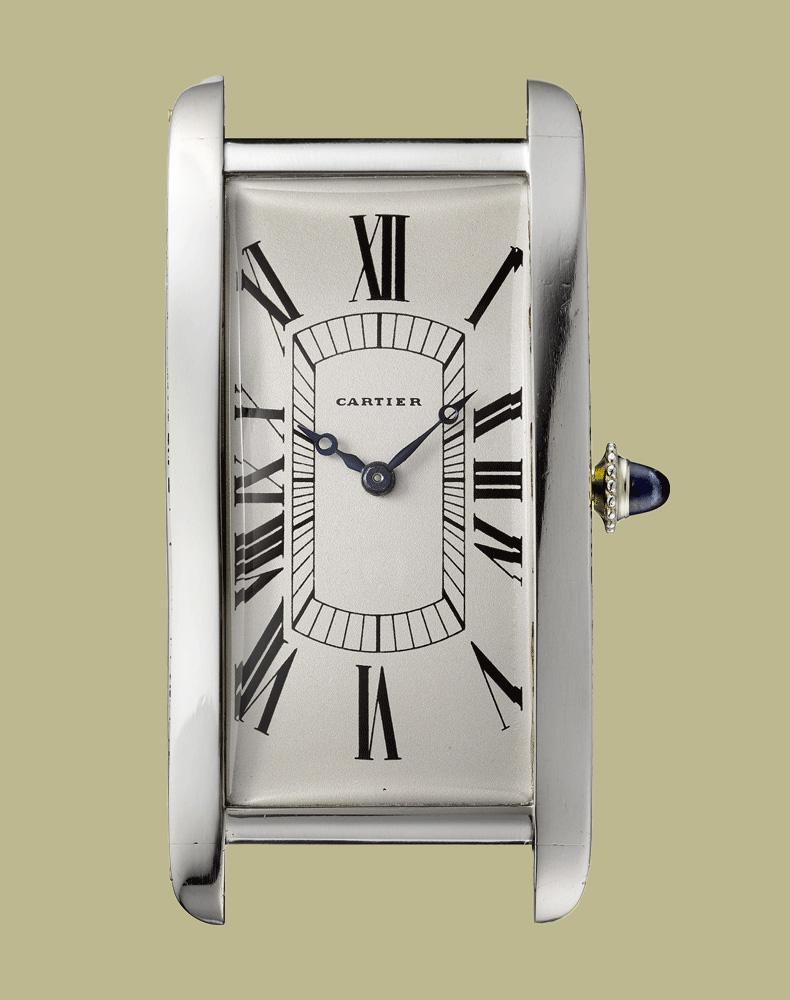
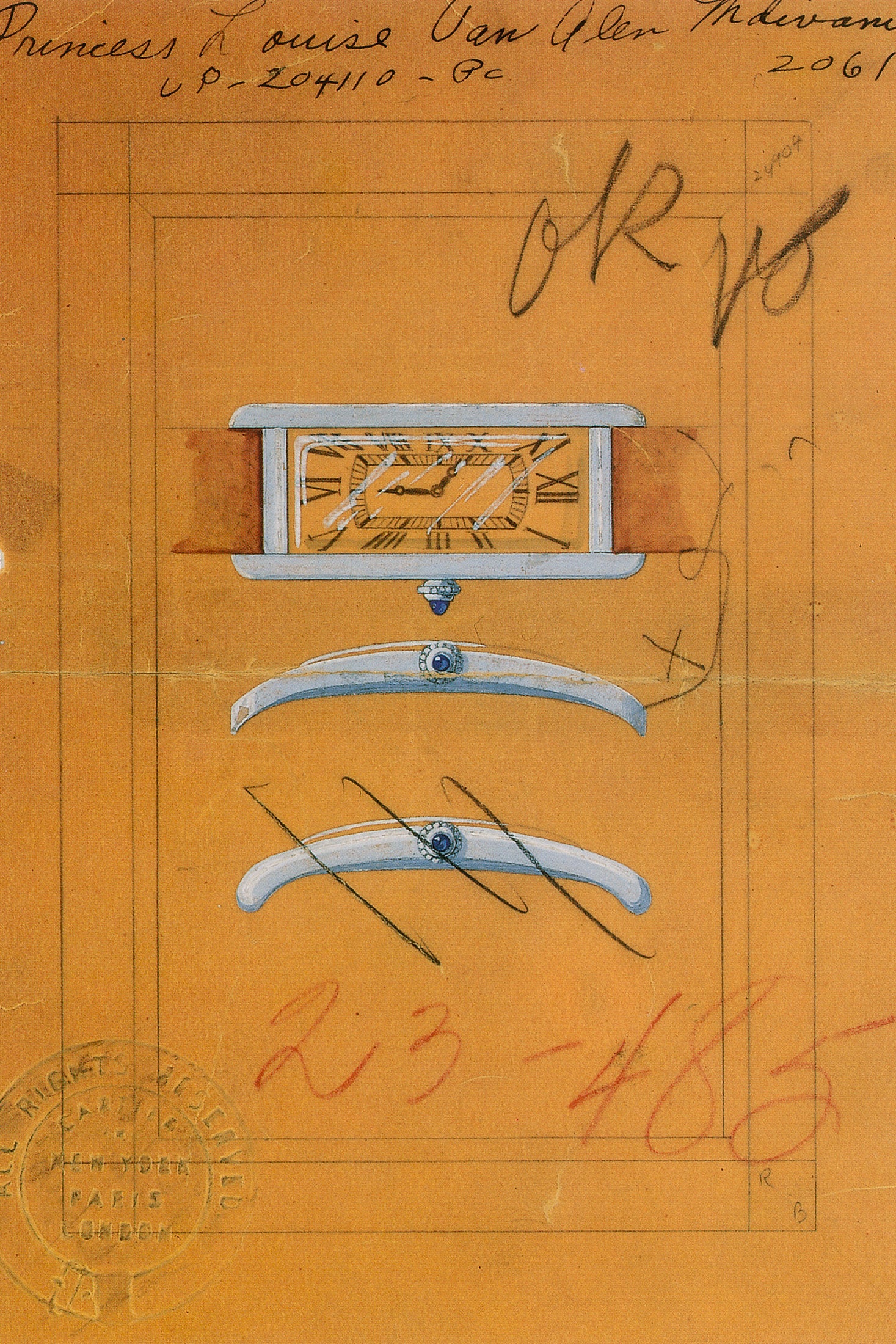
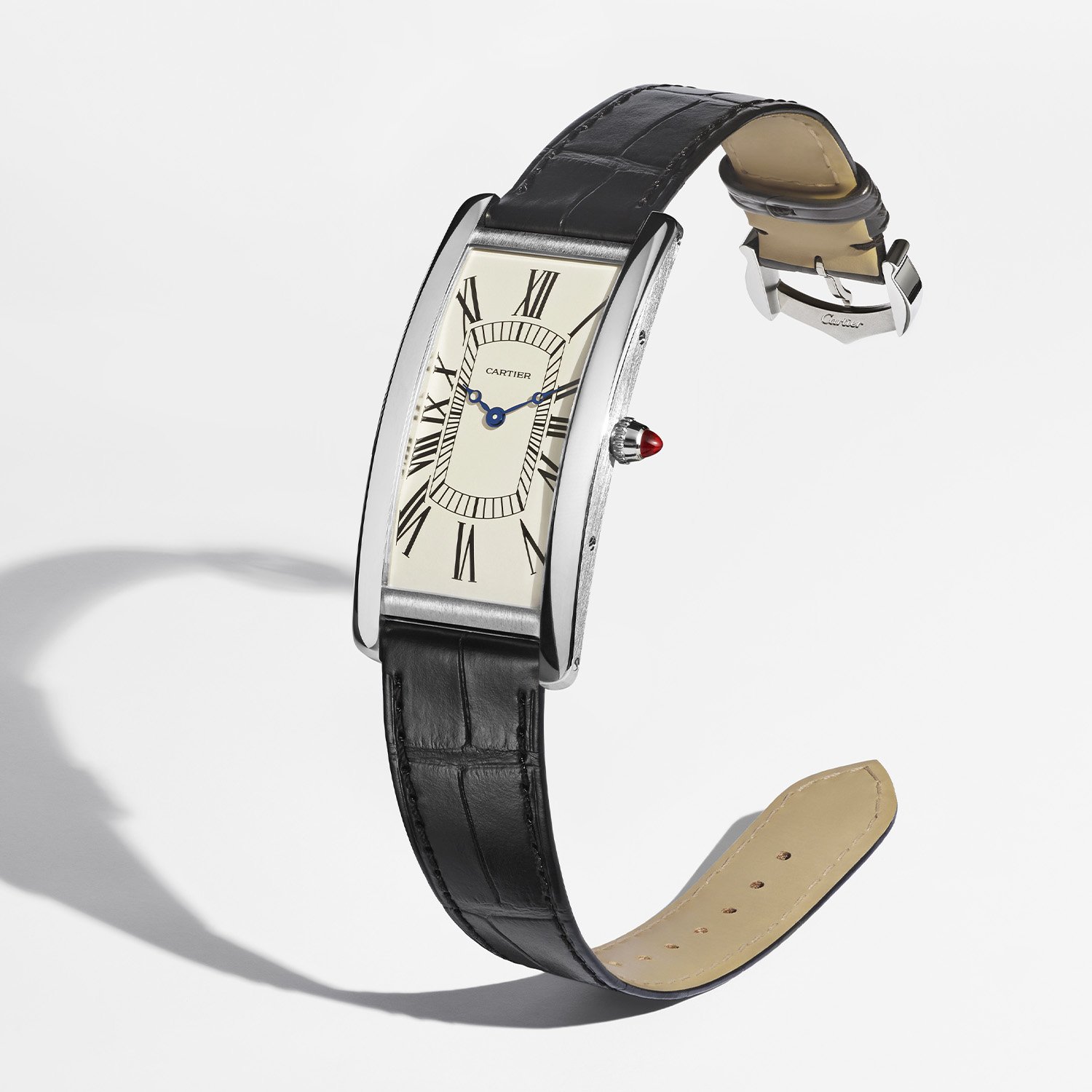
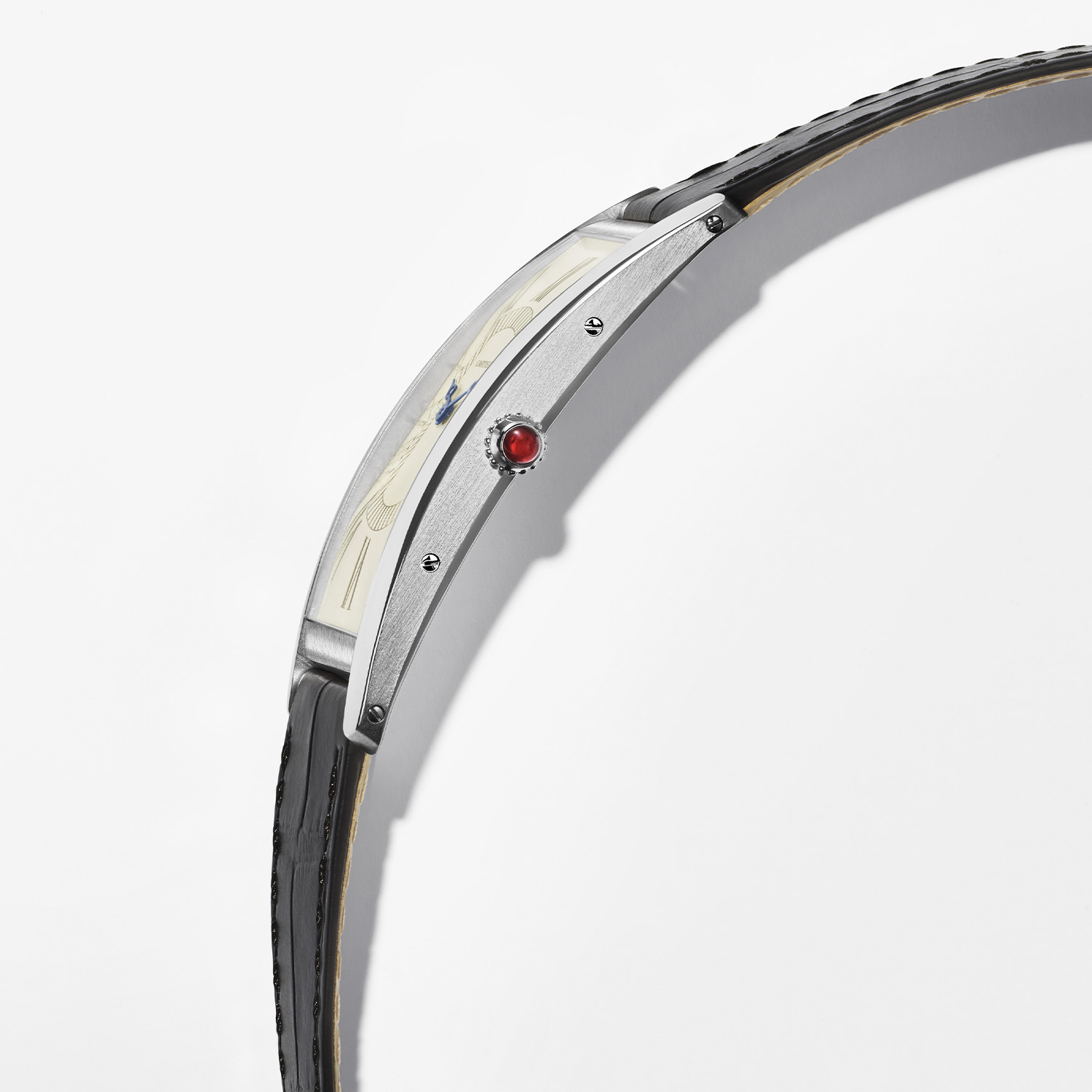
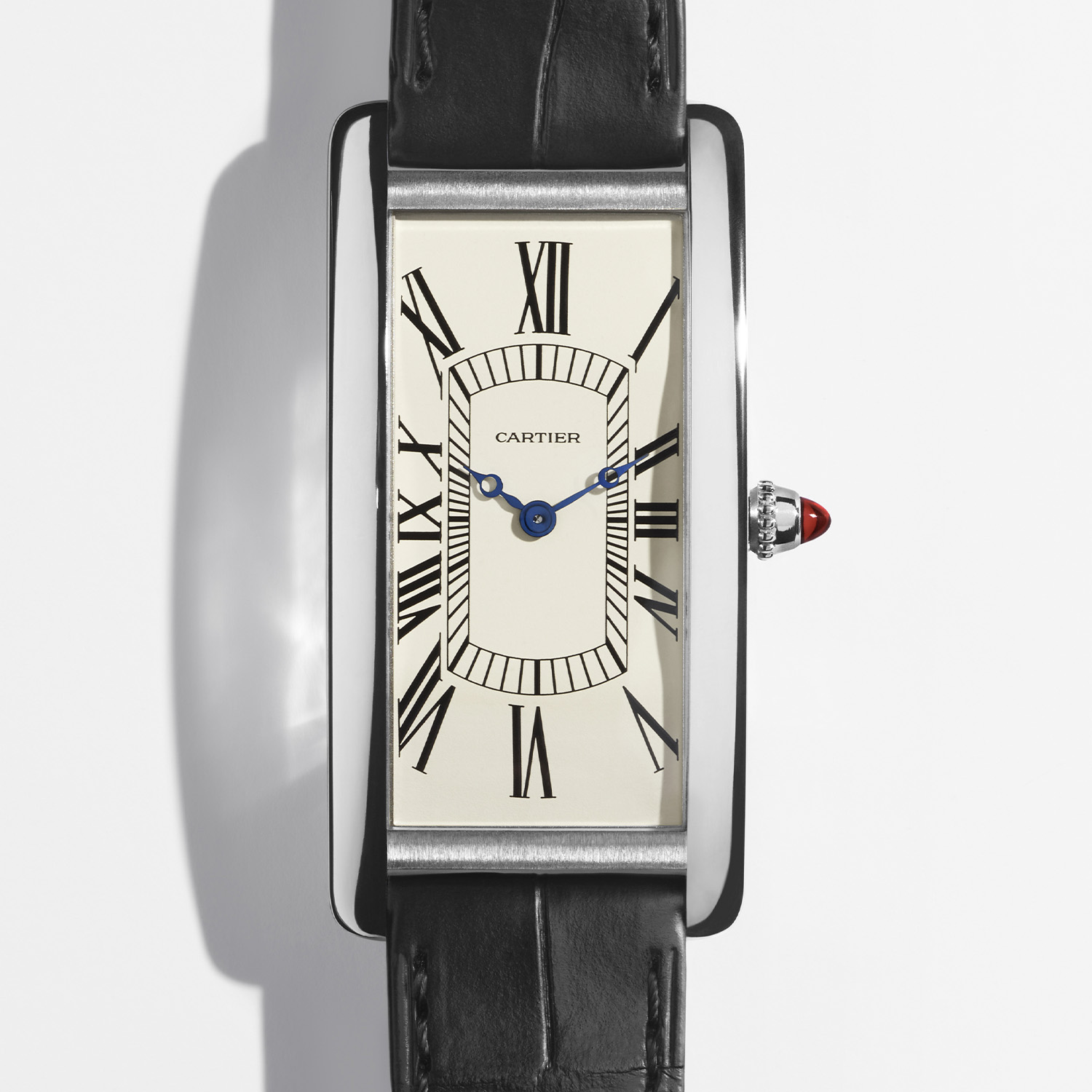


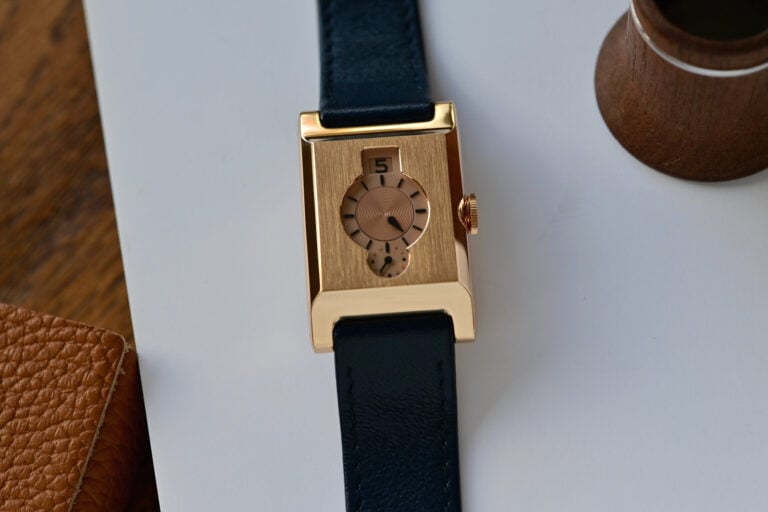
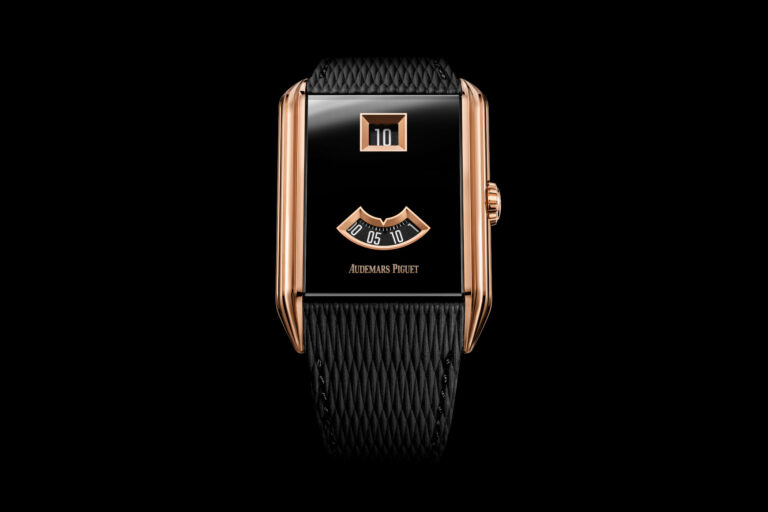
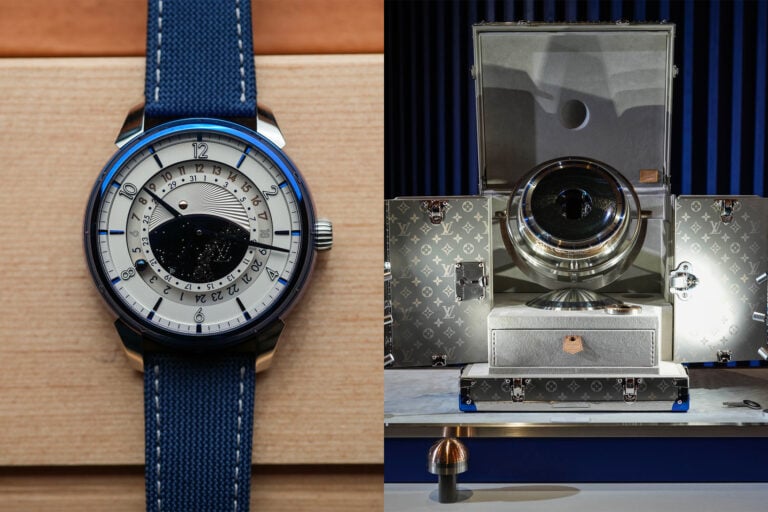
5 responses
The VI is out of whack..
Interestingly, it’s one of the few Cartier watches with roman numerals using IV for 4 instead of four baton markers. I would have preferred a guilloche dial like old cpcp.
Did any of the previous commenters look at the vintage version at all? It follows the design language of those pieces.
As for the two drawbacks: I don’t see anyone wearing this on an occasion where mineral crystal or a lack of water resistance would be a problem. The opera, a wedding, etc.
Has everyone lost their minds? This is an elegant dress watch based upon a historic design, not a gaudy dive watch.
@DG Scott – totally agree on the fact that this isn’t a dive or sports watch… And it will surely be worn in safe environments. However, a bit of “dust and humidity” resistance is always welcome (just when you wash your hands for instance) and as for the crystal, an accident can always happen (the sneaky angles on a piece of furniture or a door frame…) but sure, it doesn’t need 300m water-resistance 🙂
@DG Scott: I did look at pictures of some vintage ones.
The VI is better positioned on most of those.